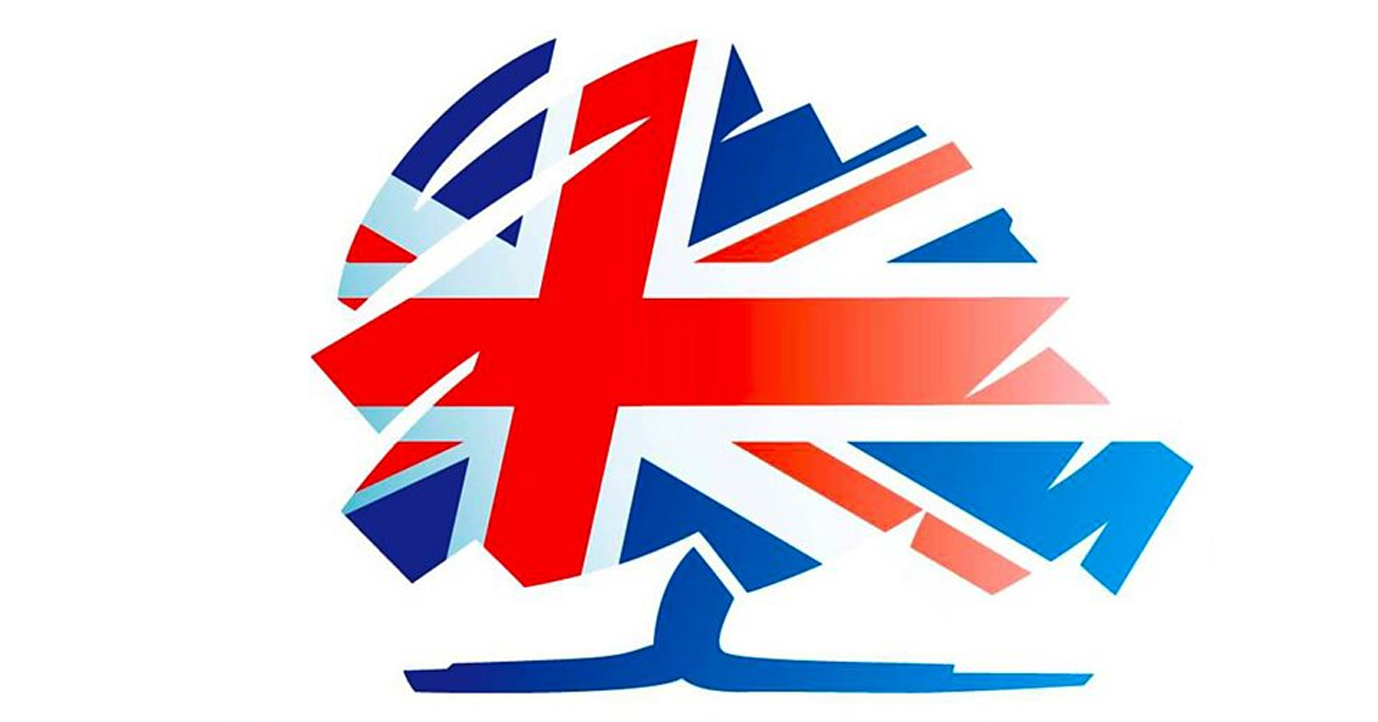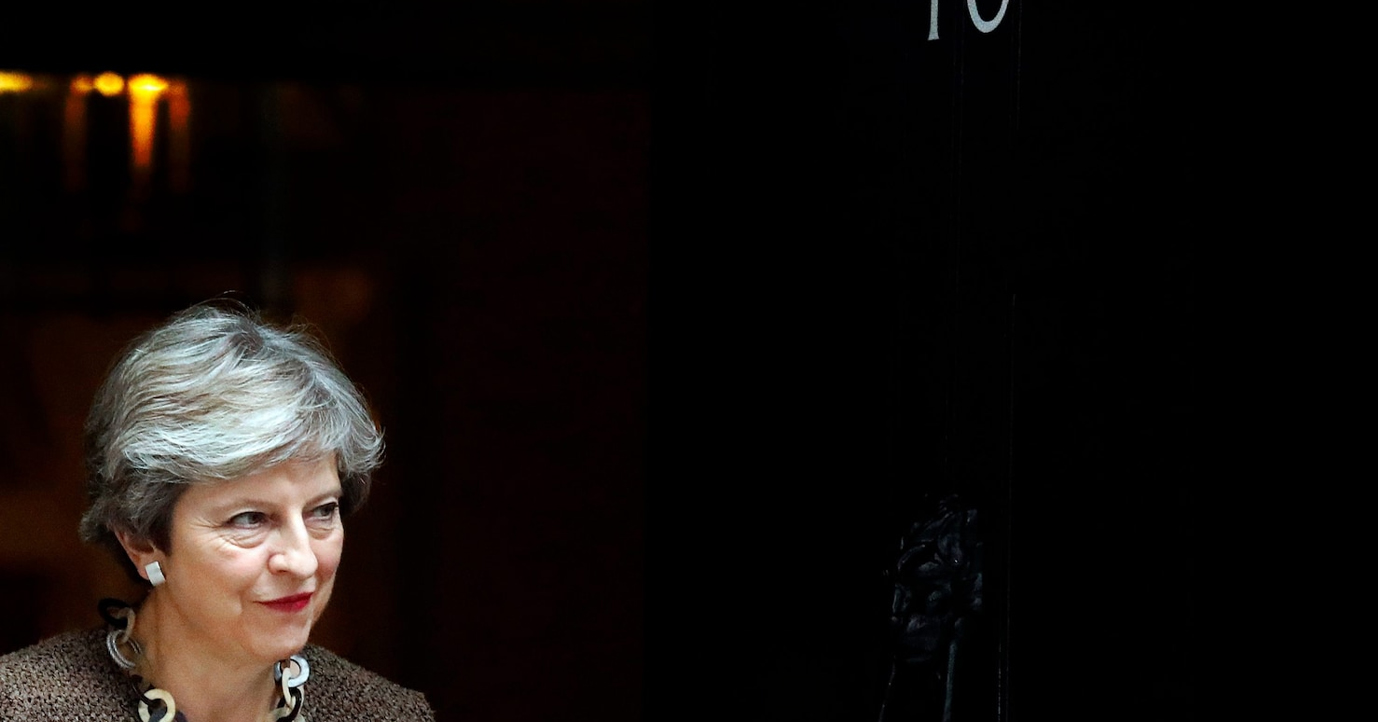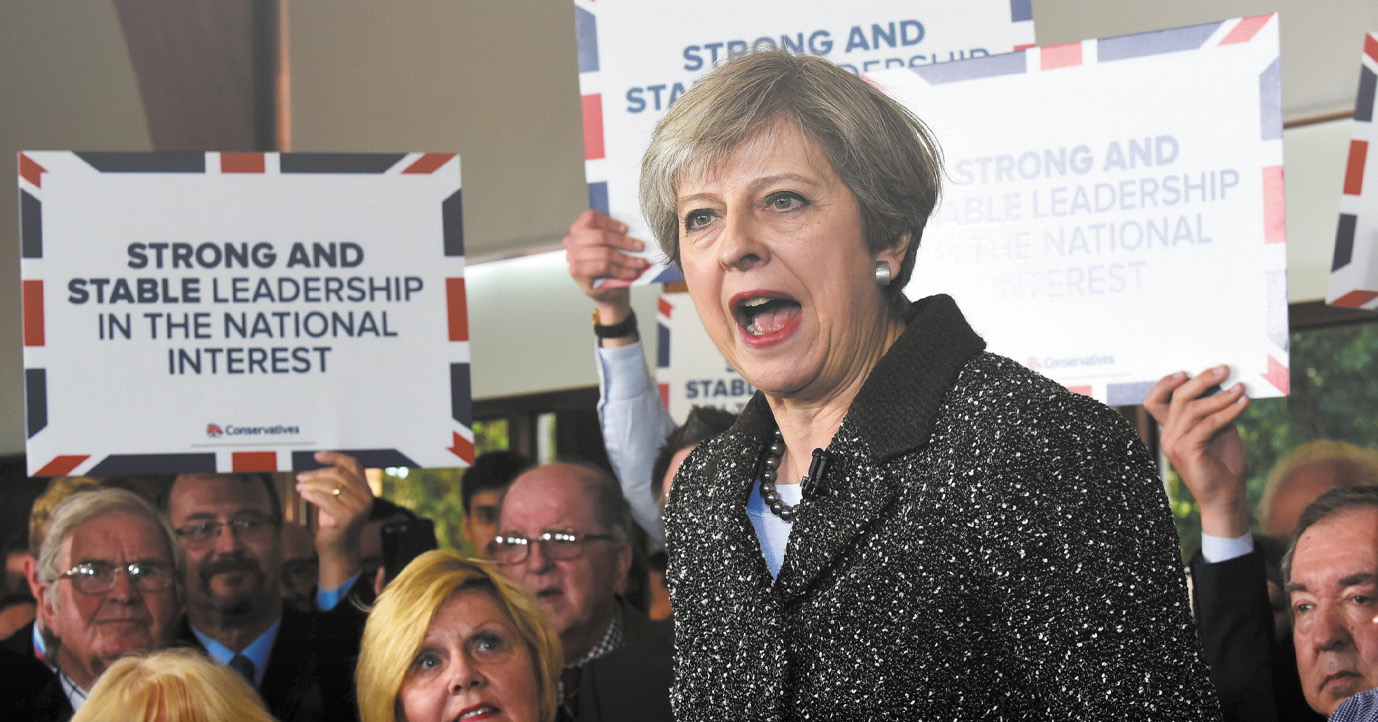
Our third week of general election focus groups took place in three Labour-held seats in the north of England: Wakefield, Huddersfield and Middlesbrough South & East Cleveland. Only a couple of participants had so far seen any evidence of street campaigning: “The Labour Party were outside my son’s school two weeks ago, with leaflets to all parents. I was surprised really. I thought, time and place. I didn’t think it was appropriate.” The others, however, were by no means insulated from the campaign. “On Facebook it’s rife”. Most of the political messages these groups had seen were in support of Labour, and evidently designed to reinvigorate what had once been the party’s base. What kind of thing had they seen? “She’s on about bringing back fox hunting. I mean, what’s that? Tally-ho and running up and down and ripping foxes to pieces for the elite.”
Some instinctively reacted against what felt to them like nagging on social media. “All my friends on Facebook are like, ‘make sure you’re registered to vote, make sure you’re registered to vote’. It’s literally winding me up, actually. And that’s another reason why I’m thinking, do you know what, I don’t know if I even want to vote for Labour, because you’re all telling me to vote. I’ll vote for who I want to vote for.”
*
If the manifesto Labour officially unveiled this week was designed to enthuse the base and tempt back wavering former supporters, it had had the desired effect with some in our groups. “He’s saying to me the things that have wound me up for ages, like large corporations like Amazon getting away with not paying their taxes and going offshore and all the rest of it”; “To me, I think he’s returning to traditional Labour values. So I understanding him wanting to do things like renationalizing the railways, put more money into education, get rid of tuition fees”; “A lot of the welfare rights stuff – potentially increasing carers’ allowance to be in line with Job Seekers’ Allowance, and policies towards sanctions on benefits, because I see a lot of that in my work. And obviously employment, paying public sector workers – pay rises have been capped at one per cent for as long as I can remember” (something that had also been noted and approved by some in last week’s groups). However, not everyone was clear about the proposed programme of public ownership: “They’re talking about privatizing the Royal Mail, and is it the railways? And something else, I can’t remember now. I’m not sure if that’s good or bad, and how it would work.”
But as last week, when details first began to emerge, a number of these previous Labour voters wondered whether the party’s pledges were credible or affordable. “I’m worried about the £10 minimum wage. I don’t know how they’re going to achieve that without people losing their jobs”; “Years ago when me and my siblings went to university all the fees were paid, but is that realistic? Can the country afford to subsidise so heavily?” “I don’t think you can get rid of tuition fees completely. I mean, I pay them and I think getting rid of them is too far”; “You think, how are they going to deliver on half the things they say?”
Some feared that the result of the policies would be to repeat on a grander scale the effect the last Labour government had on the country’s finances, which the Conservatives had worked hard to repair. Even if the plan to increase taxes on those earning over £80,000 sounded right to some in principle (“You’d like to think if you were earning that money you wouldn’t mind sharing it out” – though on the other hand, “you get them tax evaders, like that comedian with the beady eyes”), there was doubt that this would cover the cost of the plans: “I’m just worried about the debts. I don’t understand where, with all these policies, the money’s coming from. And I don’t want to get into more debt”; “I’ve always voted Labour, and this is the first time I’m wondering. Maybe it’s because of Corbyn, and because I don’t really have that confidence in him. He can promise us everything, but the mess they got us into before by promising so much and giving so much, has got to where we are now where the purse strings have had to be tightened so much”; “We want to hear that there’s going to be more policemen and we want to hear that the NHS is going to get God knows how much money. We want to hear all those things, but none of it stacks up.” What, then, was Labour’s overall message at this election? Vote for us and we’ll…? “Give you a free kitten. Because when you look at everything they’ve promised and everything they’ve said, I think they’re just telling us what we want to hear.”
Blunders in Labour’s campaign – in fact, one in particular, brought up spontaneously in nearly all the groups – had reinforced doubts about the party’s ability to deliver: “To be honest I’ve not been paying much attention to it, because after the blunder with the police numbers the other week, you just kind of think, oh God”; “It just shows what she’s like. What Labour’s like.”
One thing was certainly clear from the Labour manifesto launch: “You can’t say now, can you, that there isn’t a choice between right and left.”
*
Some regular Labour voters very much liked Jeremy Corbyn, and his unusualness in such a prominent role was part of his appeal. “He’s not a politician for the limelight, but he actually does care”; “I read somewhere that he claimed about £1.75 for a bus fare last year and didn’t claim anything else… If you look at the front of his house you can see he’s not into possessions and stuff”; “He’s a gentleman, isn’t he? That’s his problem, that he’s a gentleman.” Was his age a problem? “How old and knackered were Winston Churchill? And he did a great job.”
Some felt less inspired, but would do what they felt was their duty: “Honestly, I don’t think he will be elected. But I wouldn’t like him to be totally obliterated either, because I think that sets a tone for the next ten or twenty years.”
Not everyone was buying the idea of Corbyn as a spin-free politician: “He did that thing about the train being full, and he sat on the floor, and the train weren’t full.”
But those with doubts – particularly those previous Labour supporters who had voted Leave last year – kept coming back to one point: “I would have voted Labour as per usual but I’m not sure that gentleman is the right one to go into the negotiations on coming out.” For some distressed remainers, it hardly mattered who was speaking for Britain (“We’ll get what we’re given. We’re outnumbered, we’re in a parlous position. We’ll rue the day, whoever is leading the so-called negotiations”), but for many others, which team would represent the country was the single biggest point at stake: “That’s the main thing for me that may swing me from Labour to Conservative”; “Brexit plays a part because there’s been nothing mentioned that I’ve seen about if Labour do get in, what are their plans? At least Theresa May is putting a plan into place.”
*
Our groups had clocked a number of Conservative proposals during the campaign: “I do like the fact that she’s making a bit of a big deal about mental health… I like that she’s showing a massive interest in it, but I’m not sure she’ll go through with it”; “Capping electricity and fuel prices. At the moment all them energy suppliers seem to be making it up as they go along. They need some more control”; “Was it Theresa May who said something about more time off for new fathers? I like that. I’ve just started a family.” Congratulations. “And I’m going to start trying again soon.” You really don’t have to tell us everything, madam. “And I think two weeks for my husband to be off was just not enough. And she said something about, what was it, something about better holidays for workers as well. I mean, it’s all well and good, if it actually happens.”
A number of the proposals revealed in the manifesto gave rise to some consternation, or at least uncertainty: “There’s supposed to be a big shake-up on social care. Something being bandied about a death tax”; “They’ve upped it to a hundred thousand so they don’t have to sell their home.” People debated the merits of scrapping the Winter Fuel Payments for better off pensioners (“They’ve paid enough tax in their time, haven’t they?” “Why should they be penalised?”) and ending universal free school lunches for infants (“If you’ve got that disposable income to be able to feed your own child or pay for their school dinners, then I can’t see why they can’t do it.”)
Some longstanding Labour supporters still doubted that Theresa May’s party had their interests at heart (“I would struggle to accept Tories telling me that their policies would make for a fairer Britain”), but others saw Theresa May as a break with the past: “It sounds like she’s not just for people who have got higher incomes, she’s for everyone”; “I think the Tory Party now are like for us, for normal working people, like the Labour Party was maybe thirty years ago.”
But for most voters open to switching from Labour, the choice of leaders and the task facing the new PM was more important than anything in the manifestos: “I think she’s stood firm in what the people have asked for. I think if Labour were in charge we would have backtracked a little bit. People talk about hard and soft Brexit but I think the way she’s gone about the negotiations… some of the politicians would have let Europe wrap them round their little finger, and we’d come away with nothing”; “She’s almost, I… this is going to be controversial.” Um, go on. “I quite liked Margaret Thatcher. She was before my time, but from what I know of her, I quite like that she was ‘this is what’s going to happen, this is the way it’s going to go down’. And Theresa May has elements of the things that I’ve seen of Margaret Thatcher.”
Still, Facebook had been earning its money: “I’m undecided because I just heard that May is on about bringing in the fox thing, and I’m against that.”
*
The Liberal Democrats had also launched their manifesto this week. Had anyone noticed that? “No.” Could anyone name a Lib Dem policy? A pause. “No.” “I heard the other day they were talking about legalising cannabis if they get in. That’s the only thing I’ve picked up on the news about them”; “And prostitution, that’s another thing they want to legalise”; “One of their policies was they’re going to get rid of diesel cars. Not for me, I have a diesel car.” What about their leader? “To be honest I don’t even know his name”; “I think he’s principled, I just don’t agree with his principles.”
A handful had heard that the party was offering a second EU referendum, but this was not much of temptation among these groups of northern former Labour voters, even for those who had voted Remain. “It’s like in Ireland, where they said no, and then they went ‘oh no, that’s the wrong one, you must vote again’. I don’t think it would help particularly, I think people have decided;” “I don’t think people have forgotten what the Lib Dems did by joining the Conservatives. I haven’t.”
*
What, then, did people expect to happen on 8 June? “I think it was a tactic by the Conservatives because they thought they were that far in front, but they’re a bit nervous now, I think.” Why is that? “Because I think people are getting past the character of Jeremy Corbyn and realising that some of his policies that he might put in place are really good.” Such optimism was far from universal among Labour-leaning voters. “*Sigh*. A bloody landslide.”
*
Which actor would play the hero in Jeremy Corbyn: The Movie? “Harvey Keitel.” “John Thaw. When he weren’t dead.” “Mr Bean.” “Geoffrey Palmer.” “Alec Guinness as Obi-Wan Kenobi”. “Steptoe & Son, the old fella. Wilfred Bramble.” “Compo, from Last Of The Summer Wine.” “You know the man out of Pretty Woman, the one who says ‘he’s not your uncle, Vivian’”. “What, the hotel manager?” “Yes!” “Hector Elizondo. He’s gorgeous.”
And in a biopic of the Prime Minister? “Who plays M in the Bond movies? Judi Dench.” “Joanna Lumley. She could get the part across.” “Penelope Keith” “Helen Mirren.” “I think she’s more of a Meryl Streep.” “Meryl Streep in The Devil Wears Prada.”


